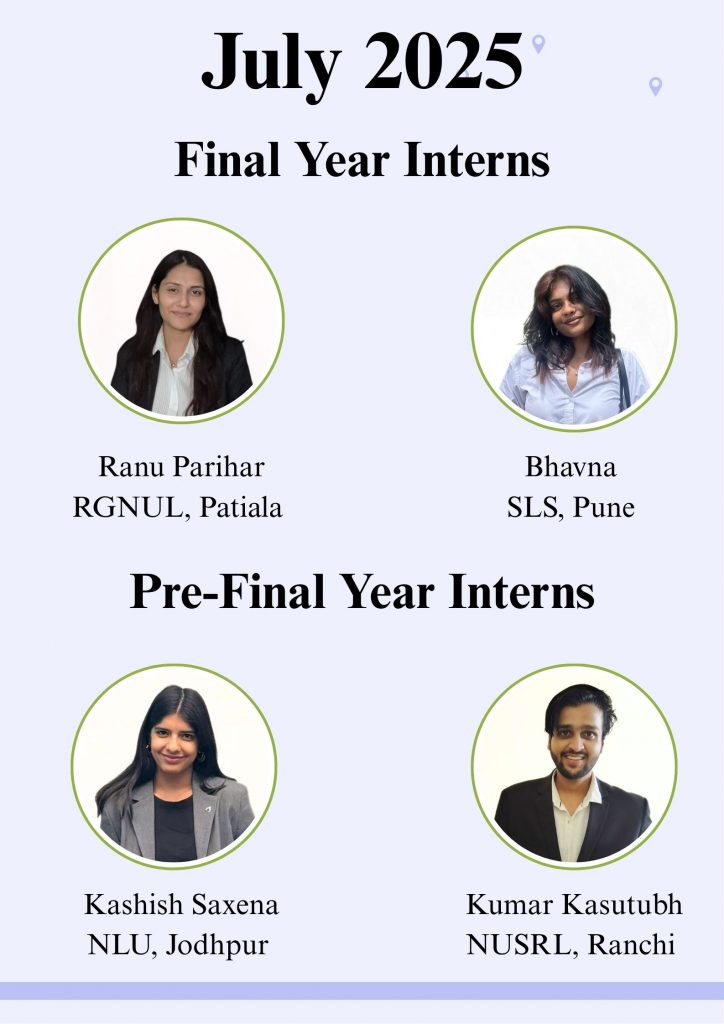A ‘Legal Issues Seminar – General IP’ (LIS-GIP) was conducted by Richa Pushpam, Associate on “Whether pre-use advertisement will constitute as use of a mark in India?”
The seminar discussed various interpretations of the term ‘use of a mark’ by the Indian Courts. Through key judgments, the seminar explored judicial opinions wherein some Courts have held that mere advertisement of a mark without concurrent or subsequent availability of goods or services in the market does not constitute use of the mark, and on the other hand other Courts have acknowledged that advertisements and promotional material, when supported by credible documentary evidence and a bona fide intent to use, may qualify as use of the mark under the Act. The session concluded with the observation that use may encompass actions other than actual sale, including promotional activities, provided such use is genuine, continuous, and made in the course of trade.
The Presentation can be accessed here.




